Land grabbing in Latin America
- GRAIN
- 05 Mar 2010
Right now communities in Latin America, as around the world, are suffering a new kind of invasion of their territories
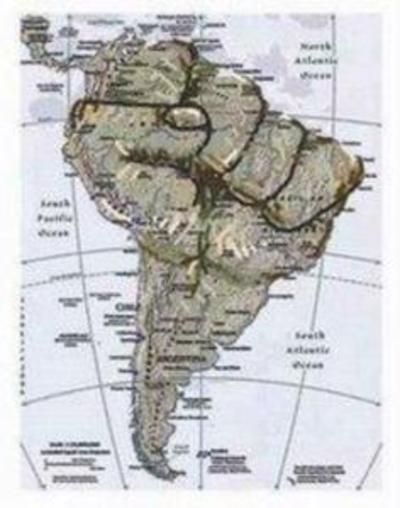
Right now communities in Latin America, as around the world, are suffering a new kind of invasion of their territories
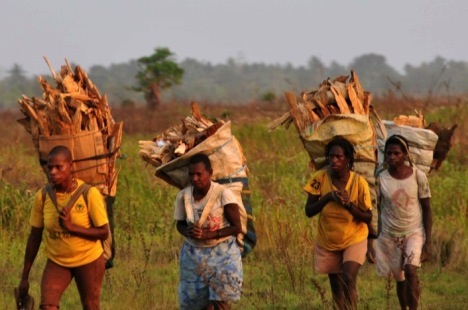
"If the government wants to eliminate famine, it should give farmers access to more land, and not give it away for corporations"

Since Saudi Arabia abandoned its wheat cultivation programme two years ago, due to dwindling water resources in the desert kingdom, it became a major buyer of wheat from global markets.

Gulf oil producers have abandoned long-standing nationalistic policies of achieving food self-sufficiency and switched to a more realistic approach of using their strong financial muscle to invest in farm projects in fertile countries.
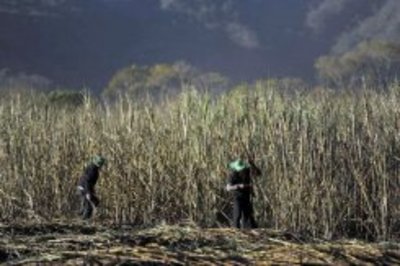
A lot has been said to Sierra Leoneans about the Addax project, but almost nothing has been heard about the high price that Sierra Leone will have to pay.

Minister says new policy proposal will put the restriction of foreign land ownership in South Africa back on the table, as foreigners are buying lands "three times faster" than government is acquiring for redistribution and restitution

GRAIN speaks with Nyikaw Ochalla, an Anuak living in exile, about the consequences for the Anuak and other local communities from the land grabs happening in Gambella province and the rest of Ethiopia.
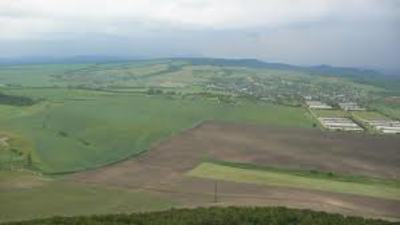
The collapse in Ukraine's land prices presents a "great opportunity" for buyers, Landkom's chief executive said, as he revealed an acquisition plan aimed at part into getting the group into biofuels refining
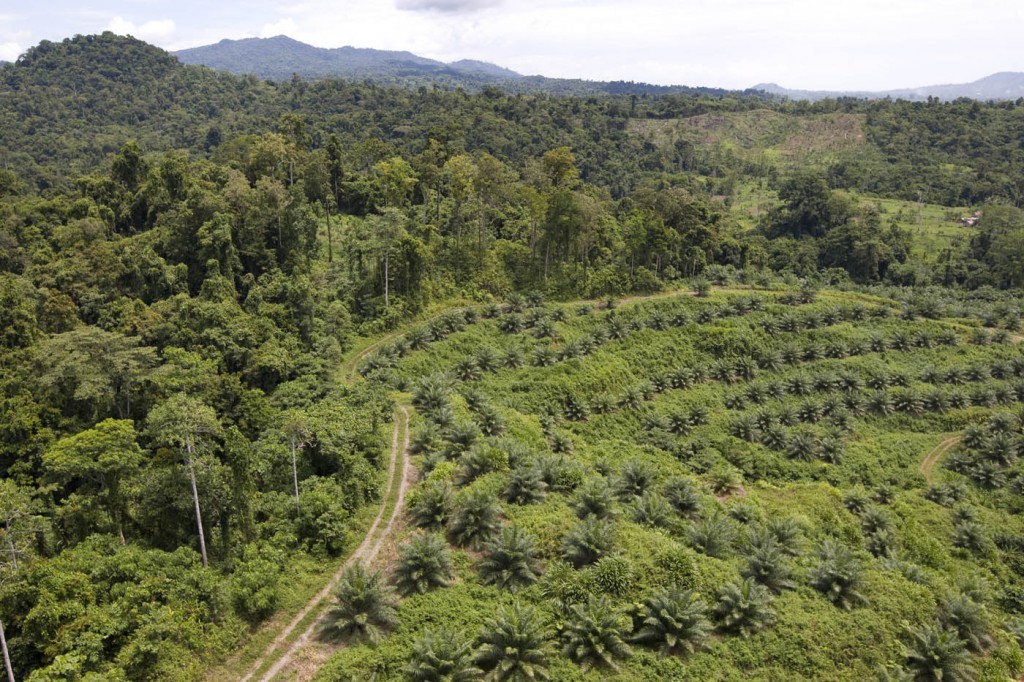
Plantation company Kulim Bhd is paying US$175 million to buy some 25,000ha of oil palm estates in Papua New Guinea from the world's largest agribusiness company, Cargill Inc, and Singapore government investment arm Temasek Holdings.
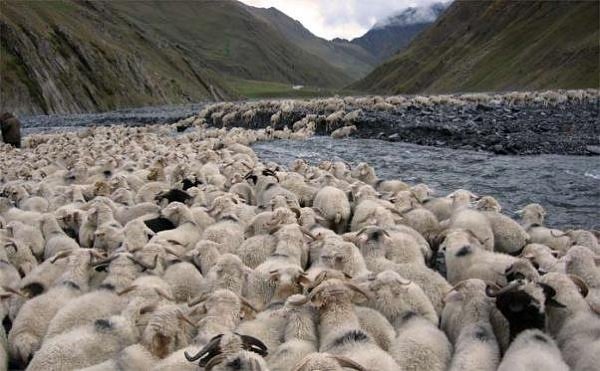
Qatari Diar Real Estate Investment Co. plans to invest in Georgia, including the purchase of farm land, following a fact-finding trip in April.

"At an UNCTAD meeting on investment in agriculture on February 3, China became the central focus of criticism amid a chorus of concerns about the economic, food security, environmental and social impact of large foreign purchases of agricultural lands in developing countries," reports the US mission to Geneva

"What they are saying is that the local people are now suffering very badly as a direct result of these foreign companies taking over."